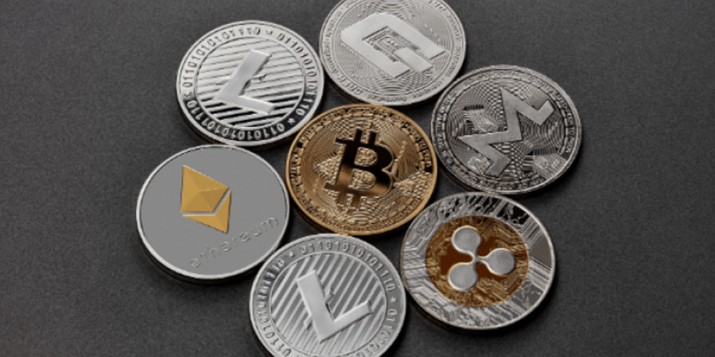
How To Recycle
Are you recycling responsibly?
We all know that recycling is better for the planet than throwing waste into landfill, but where’s the education on recycling effectively? Did you know you could accidentally contaminate a whole batch of acceptable recycling waste by putting something in a yellow bin that’s meant for a red? No one wants to be that person as it negatively effects not only the environment (as that contaminated batch will inevitably be thrown out into landfill), it also threatens recycling itself as it hurts the economic viability of your local program.
We get it! Recycling is more complicated than it should be and since we all need to be on board to limit contamination and recycle successfully, The Top Coins has put together a simple guide to make recycling more user friendly.
Reduce, Reuse, Recycle
Before we get into recycling (correctly), reducing and or reusing should be our priority! Empty condiment jars such as peanut butter or Vegemite if you’re a “true blue Aussie” can be reused for a multitude of purposes. Any plastic and or glass containers should be reused! Think alternative Tupperware containers, jars for bulk food (if you’re not already on the bulk food bandwagon, it’s time). Even get creative and paint the jars for vases or even create a herb garden!
How to grow a herb garden:
Only when those other options are unfeasible should one be posed with the question of how to recycle. Different waste management systems have different rules about what things actually can get recycled so we’ve just gone with the basics to cover most councils. However, if you're passionate about playing your part and want to know the nitty gritty of recycling check your local councils website.
As a general guideline: items made of plastic, aluminium, steel and cardboard can be recycled.
Examples include:
- plastic soft-drink and water bottles
- Glass jars & bottles
- Milk cartons
- Juice bottles
- Aluminium and steel tins/can
- Plastic takeaway containers
What are those triangles again?
We’re all familiar with the recycling symbol (three flat arrows that form a triangle). However, just because an item has that symbol on it does NOT automatically make it recyclable, hence so much confusion. There’s 2 main symbols used on packaging but both symbols look similar, so people assume they mean the same thing, but they don’t.
- Resin identification codes: These ONLY identify the type of plastic a container is made from, not whether or not it is recyclable. They’ll always encircle a number from 1 – 7 which specifics the material used.
- Recycle me: The other is what we should use to determine what’s recyclable! This is the same symbol but there’s no number in the middle meaning it’s there to communicate it CAN be recycled! If the symbol is coloured in, it means you can throw it in a yellow bin, no questions asked. If the symbol is just outlines but not coloured in there will be instructions you need to follow in order to correctly dispose of it. For example, you might need to remove the label or take the lid off. Companies are slowly getting on board with recycling so most packages tell you how to recycle them! Note: sometimes there's both symbols and in that case you can recycle the item.
What can't be recycled:
- Food scraps (compost them)
- Broken items such as glass, light bulbs, crockery
- Plastic bags (reuse them or use them as a bin liner and then go get reusable bags!)
- Waxed cardboard, tissue paper
- Single use: coffee cups, cutlery, straws (Come on people, get your REUSABLES)
- Batteries and other E-waste
When in doubt:
To learn more about recycling and to find drop-off locations near you to recycle a wide range of other items including E-waste, batteries, printer cartridges, furniture etc check out this website: www.recyclingnearyou.com.au





Leave a Reply
1 comments
Add comment ×